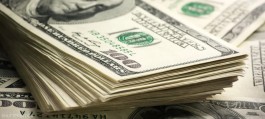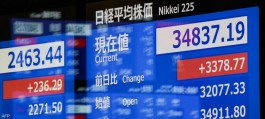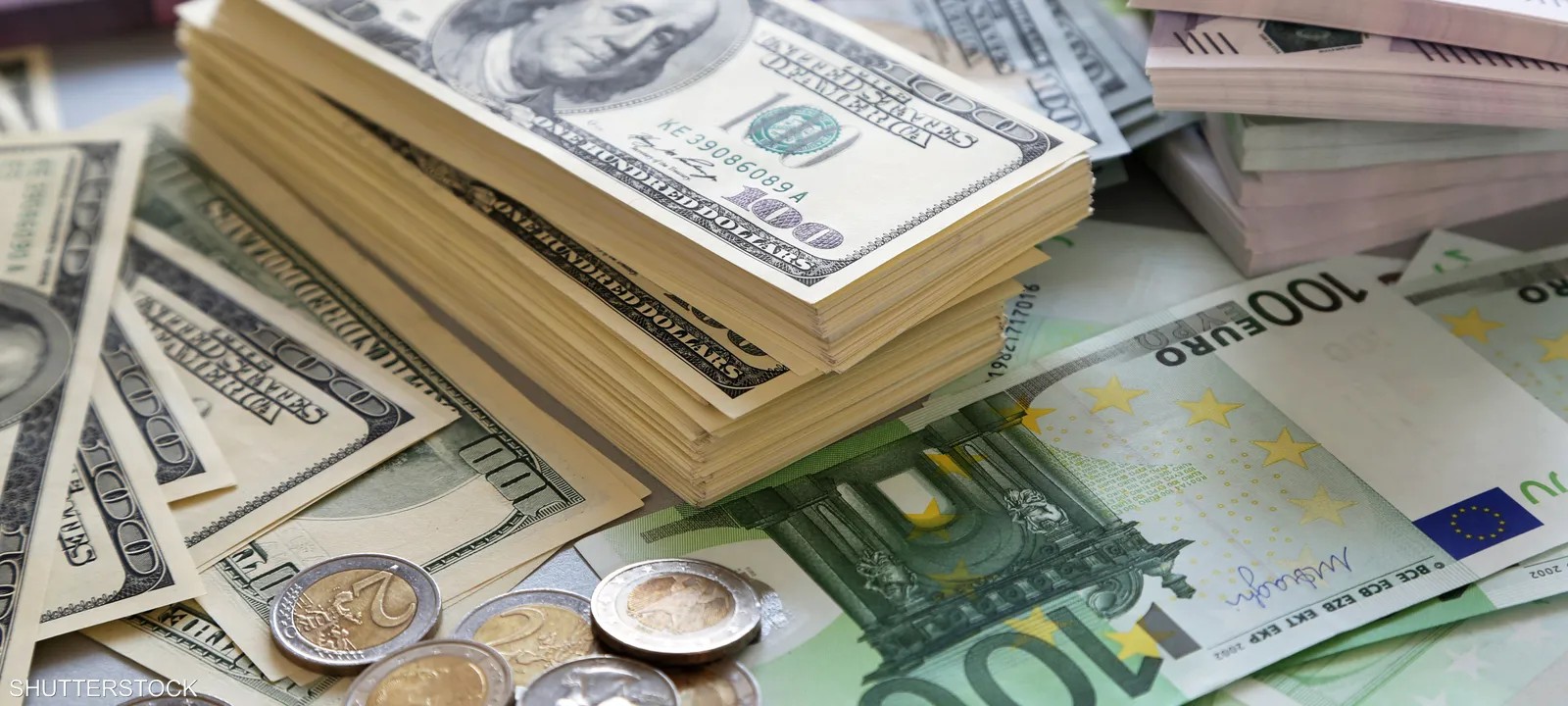The dollar fell against other major currencies on Wednesday after comments from Federal Reserve Chairman Jerome Powell boosted bets on a series of interest rate cuts in the coming months.
The yen and the Australian dollar were among the strongest performers, both continuing to recover from sharp declines against the dollar last week.
Some analysts also pointed to the headwinds created by Beijing's decision to peg the yuan at a closely watched 7.1 to the dollar for the first time since last November.
The risk-sensitive Australian dollar rose despite the escalating tariff dispute between Beijing and Washington.
The yen rose even as uncertainty over who will become Japan's next prime minister deepened, with local media reporting that a parliamentary vote scheduled for next Tuesday may be postponed amid political disagreements.
The dollar index, which measures the greenback's performance against a basket of currencies, fell 0.2 percent to 98.844 by 0536 GMT, after falling 0.2 percent in the previous session.
U.S. Trade Representative Jamison Greer helped calm some nerves on Tuesday when he told CNBC that there was still a plan for U.S. President Donald Trump to meet with his Chinese counterpart, Xi Jinping.
The dollar fell 0.4 percent against the Japanese currency to 151.23 yen, after earlier declining to 151.005 yen. The dollar fell 0.2 percent in offshore transactions against the Chinese yuan to 7.1284 yuan.
The Australian dollar rose 0.4 percent to $0.6514, after falling 0.5 percent yesterday, when it touched its lowest level since August 22 at $0.64405.
The New Zealand dollar rose 0.1 percent to $0.5718, after falling to a six-month low of $0.56839 on Tuesday.
The euro rose 0.1 percent to $1.1621, after rising 0.3 percent in the previous session, supported by the French government's proposal to suspend key pension reforms.
The pound rose 0.3 percent to $1.3355, rebounding from Tuesday's declines, when official data showed wage growth slowing.





































